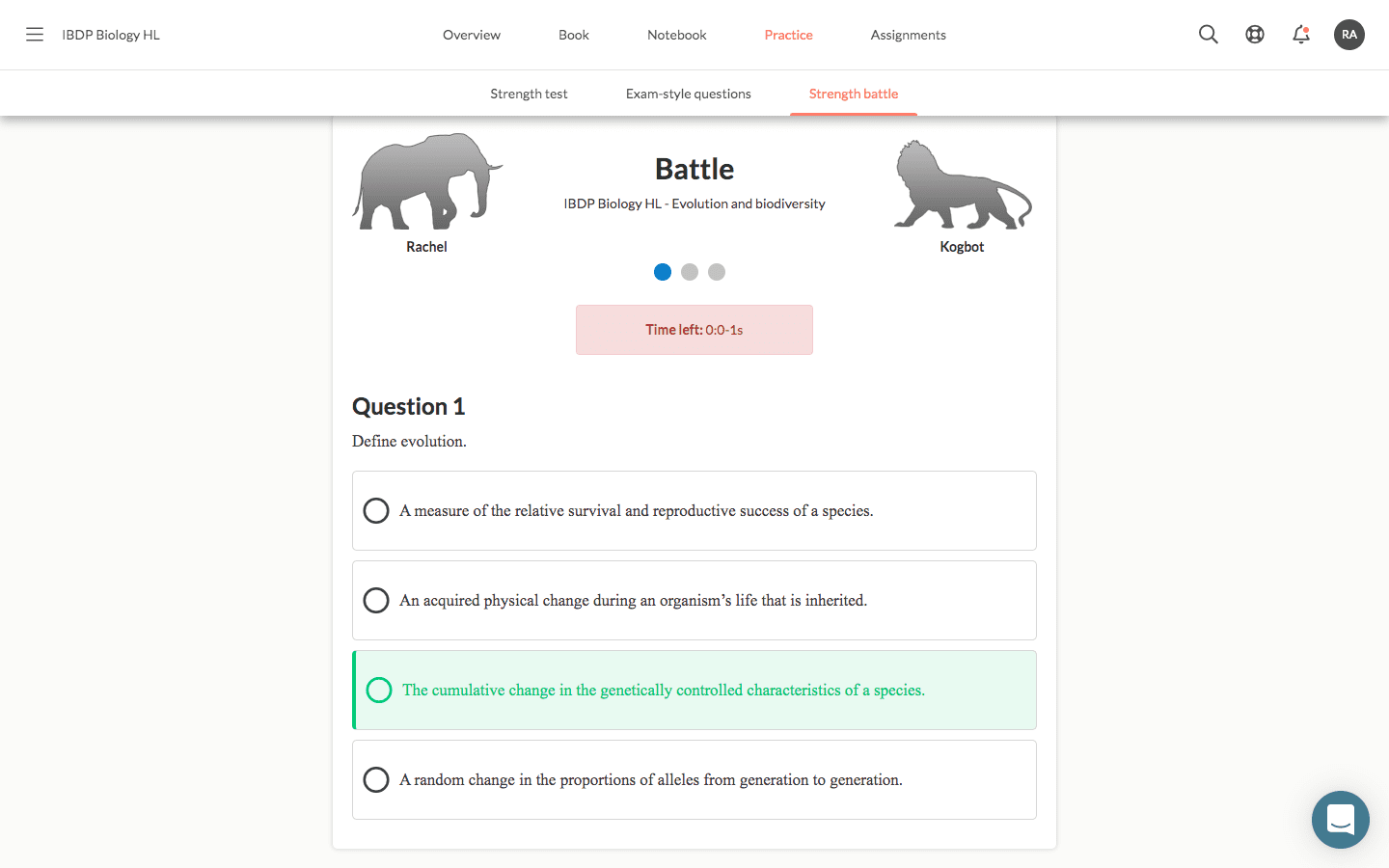Retrieval Practice: How Low-Stakes Quizzes Can Help Students Learn
Retrieval practice is the act in which you allow your brain to struggle to come up with information that has already been learned but isn’t readily available. The act of retrieval occurs all the time in real life, but when applied as a learning strategy in the classroom, the impact can have profound effects on student learning. But how does retrieval practice work and what kind of impact can it have in the classroom?
An Example of Retrieval Practice in the Real World
It used to happen a lot more before cell phones, but I remember moments when I was forced to recall a phone number. I’d stare blankly at the dial buttons, my mind running through the possible number combinations.
I thought, “Well, I know the area code. I know that there’s a 7 and a 2 somewhere in the number, and I know it starts with a 4.” It was as if the number was right there in my mind’s eye, but I just couldn’t assemble the correct combination.
The number I was trying to recall was something that I had previously learned. However, when I originally learned this information my brain did not file it away in my easily-accessible short-term memory. Instead, the information I needed was hidden away somewhere in my long-term memory.
I continued to look at the numbers on the phone and mulled over the many possibilities, when—all of a sudden—it came to me! The number I needed was now clearly in my mind.
This retrieval practice allowed my brain to map a connection between my long-term and short-term memory. In the future, when I need to recall the phone number again, the information will be much more readily available. And it has!
The implications of this cognitive process can have significant effects when properly introduced into classrooms. By using retrieval practice as a learning strategy, teachers can help students retain information more effectively. Instead of cramming for a test and forgetting the information a week later, retrieval practice allows the mind to make easy-to-travel pathways between the brain’s short-term and long-term memory. Thus, making it easier for students to recall important knowledge in the long run.
Implementing Retrieval Practice in Your Classroom
Retrieval practice should not be confused with assessment although it is useful as a formative measure. Instead, retrieval practice should be a learning strategy that teachers employ during a lesson to allow students to develop the memory necessary to recall important information. The easiest way to do this in a classroom is by implementing low-stakes quizzes.
It is important that students understand that their attempt to answer quiz questions is part of the learning process rather than simply an objective measure of their success or failure. Likewise, during these low-stakes quizzes the teacher is allowed to provide direct feedback following the quiz to ensure students are not left with misconceptions.
Many teachers may scoff at the idea of including more quizzes into their lessons, but the research shows that retrieval practice can have a much greater impact on knowledge retention than simply rereading a text or going over one’s notes.
There are a few things teachers should consider when implementing retrieval practice in their classrooms. Here are some tips to maximise the benefits of retrieval practice:
- There should be a productive struggle. Students must be challenged by the questions you present to them. It’s not enough to simply ask “How do you connect with this topic personally?” The challenge of retrieval is what makes the content more memorable. Choosing appropriately demanding questions is a vital part of making retrieval practice a valuable learning strategy.
- Practice should be spaced. Just like the student cramming for the test, it is not useful to practice retrieval only once right before a test. Space out the act of retrieval over time. Don’t be afraid to ask the same questions more than once too. Asking the same questions can be beneficial to both successful and struggling students. Students who know the content will be validated, while students who struggled to recall the content earlier will have an opportunity to get the correct answer. By spacing out retrieval practice, all students will be able to observe the success of their learning and build confidence as they engage with the content.
- Vary the way students must respond. Retrieval practice does not always have to be a formal quiz. Students can practice retrieval through writing and also through talking with other students. Using a varied approach to retrieval practice will have a much greater impact on students’ abilities to apply their knowledge in different ways.
- Engage all students. It’s easy to use cold-calling as a way to see if students are following along, but the effect-size of cold-calling is minimal. Plan your retrieval practice to engage all students in the productive struggle of learning. Have students independently recall information through quizzing, writing, or peer-to-peer conversations.
3 Easy-to-Use Retrieval Practice Strategies
Retrieval practice does not always have to mirror the formal quiz structure. There are a variety of ways to practice recall. As you implement this learning strategy in your own classroom, be sure to be intentional with how you design your retrieval practice tasks. Knowing the science behind retrieval practice and implementing tasks effectively will have profound effects on student learning. Here are 3 ways to get started:
- Start and End the Day with Retrieval Practice: Teachers are familiar with bell ringer activities and exit tickets, but it’s vitally important that teachers build these tasks with retrieval practice in mind. Allow students to struggle with recalling concepts and applying skills, but also provide them corrective feedback so that students can begin to map the correct answers in their minds.
- Include Fun & Engaging Low-Stakes Quizzes: By all means include the standard question-and-answer quizzes to assess student understanding, but also try to gamify student learning with low-stakes quizzes. Put students in competing groups, develop a point system, and include relevant questions to build an engaging game out of your quizzes. Students will continue to learn the content while also having fun.
- Use Writing to Improve Student Learning: Writing is a great way for students to voice their learning in real time. Having students write about their learning is a great way to allow every student the opportunity to practice retrieval. Simple prompts such as “What do you know about the Roman Empire?” or “List the elements of plot” are great for motivating student thinking. The goal of these writing prompts isn’t necessarily for students to pass or fail. The goal is to get students to attempt to recall the information they have already learned.
The important takeaway is that assessment when used as a learning strategy (retrieval practice) can be an effective way to help students retain knowledge in the long run. If you find that your students are having trouble recalling information from previous lessons, begin implementing retrieval practice activities into your class. In my own experience, I’ve seen how the act of retrieval can build confidence in students and help them retain the information they need to succeed.
References: Brown, P. C., Roediger, H. L., & McDaniel, M. A. (2014). Make It Stick: The Science of Successful Learning. Harvard: Belknap Press. Roediger, H.L., Agarwal, P.K., McDaniel, M. A., & McDermott, K.B. (2011). Test-enhanced learning in the classroom: Long-term improvements from quizzing. Journal of Experimental Psychology Applied, 17(4), 382-395. doi: 10.1037/a0026252.



